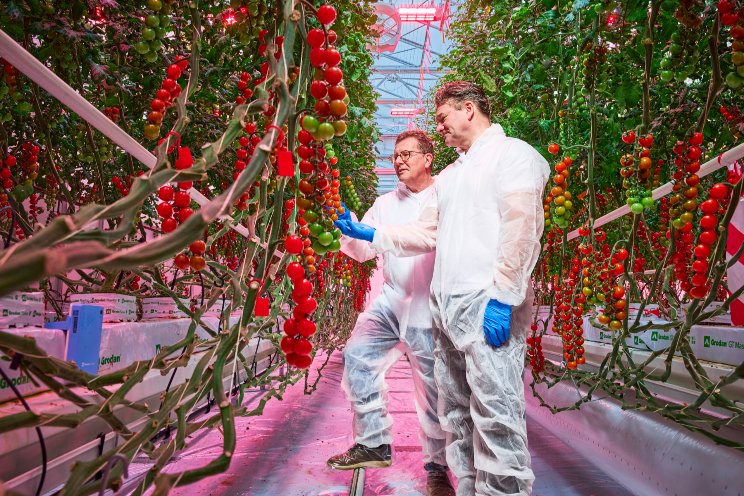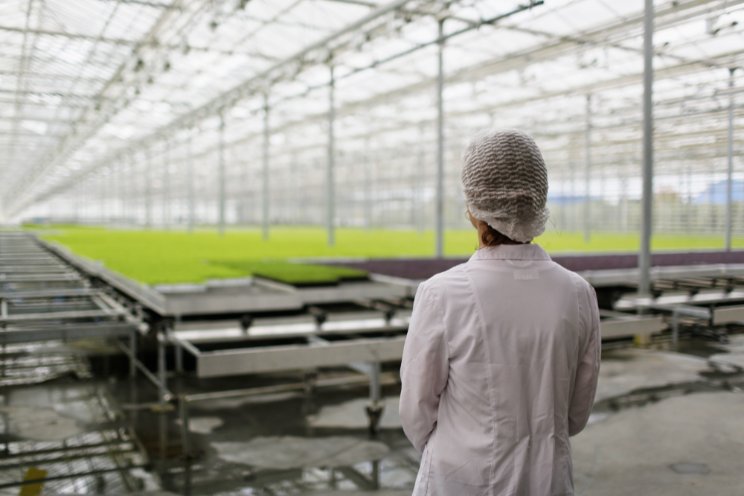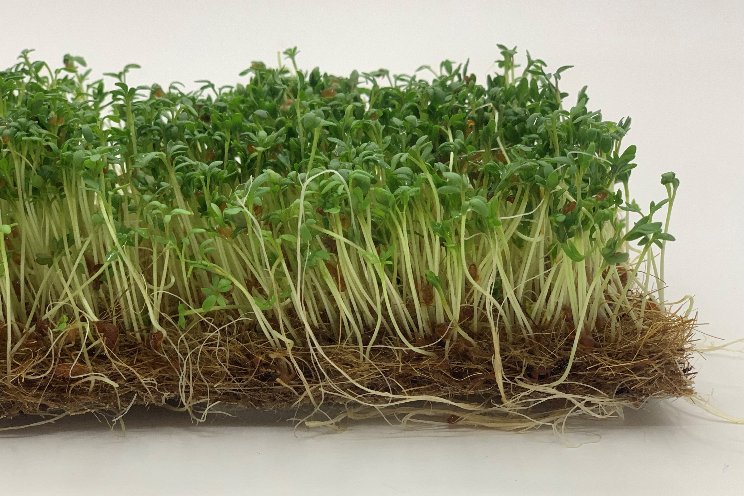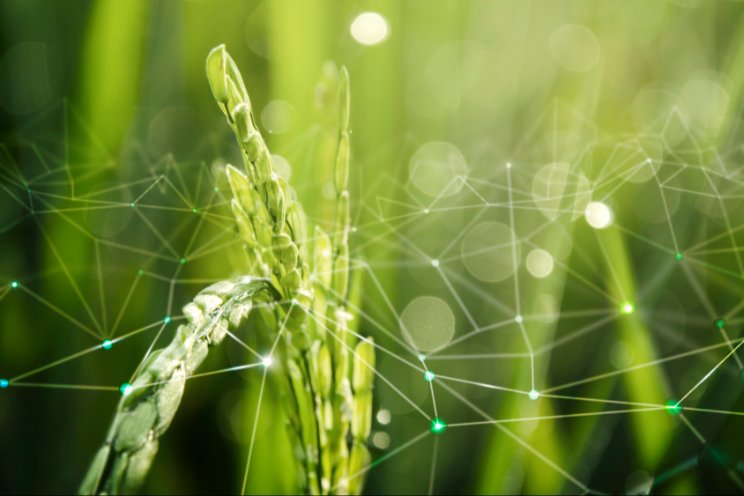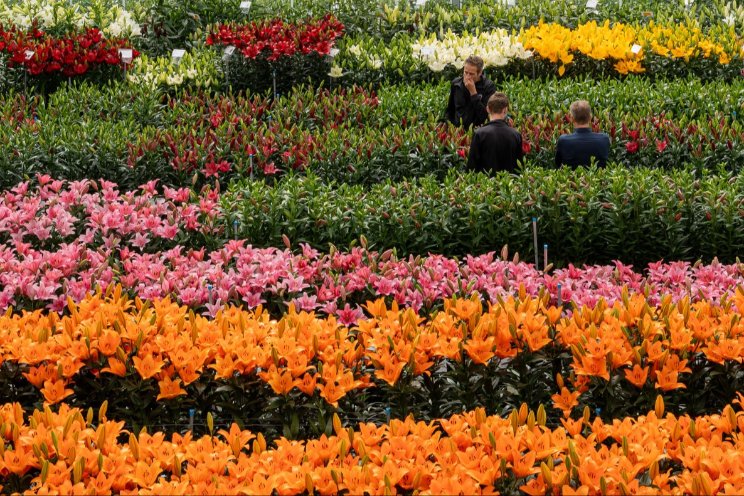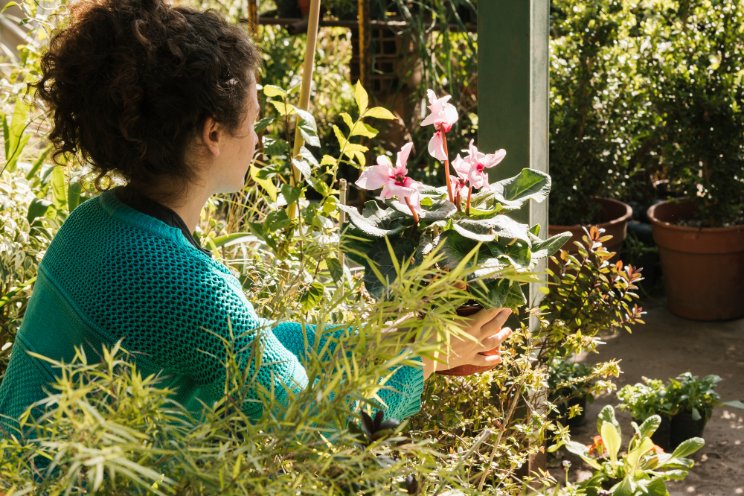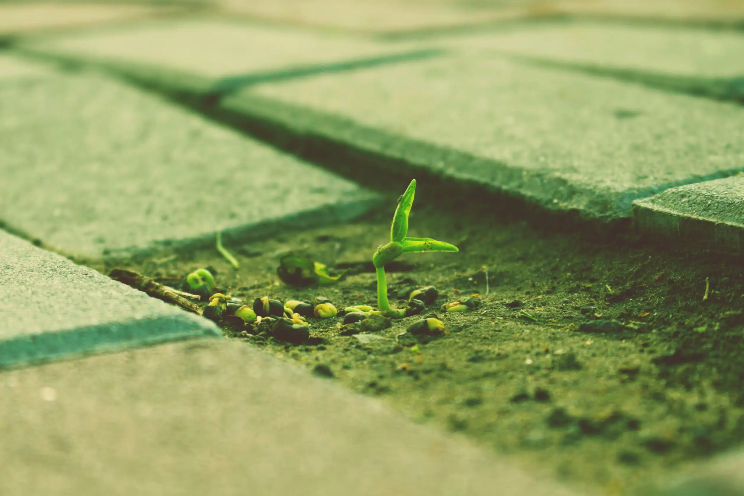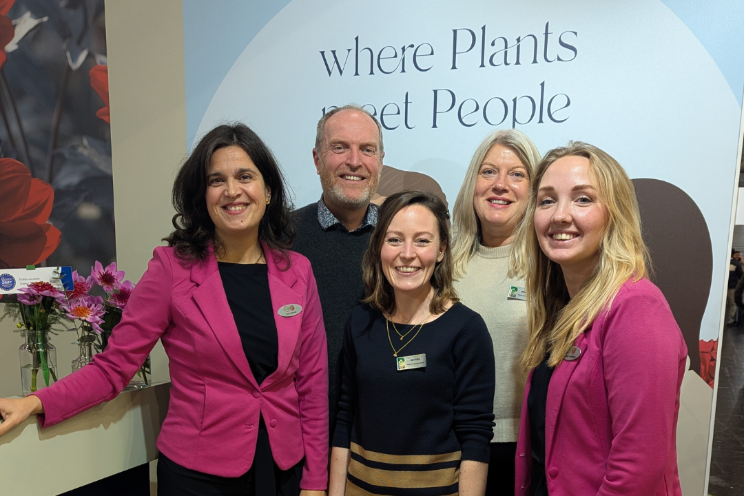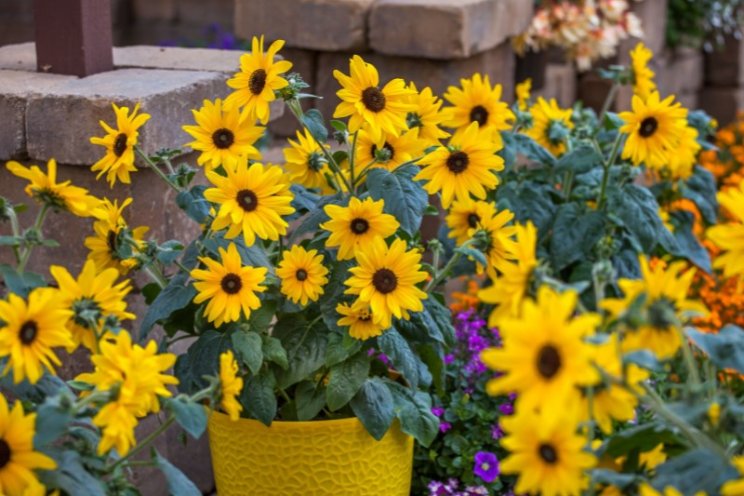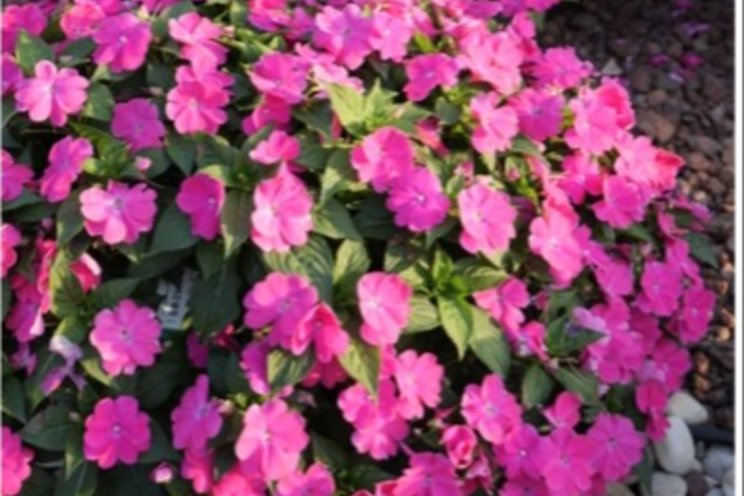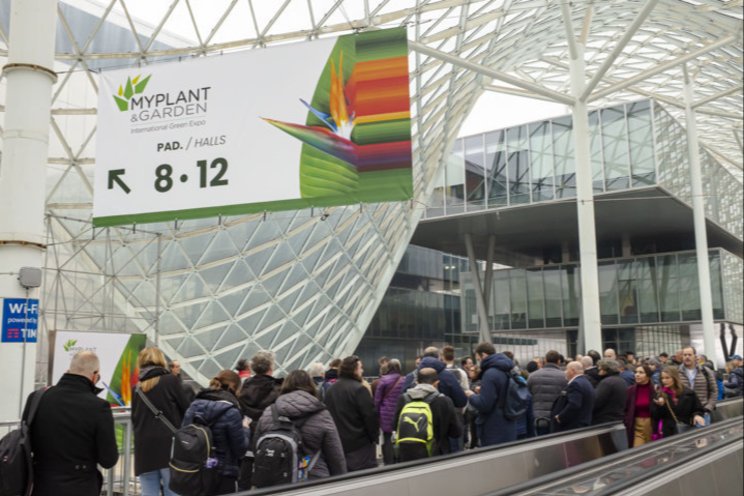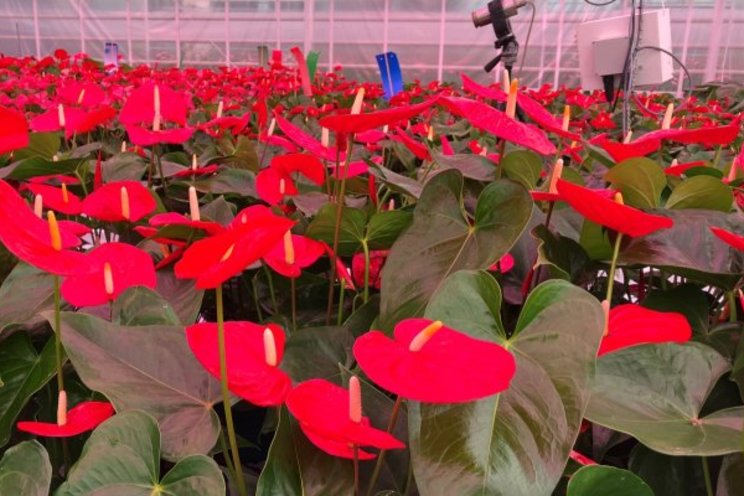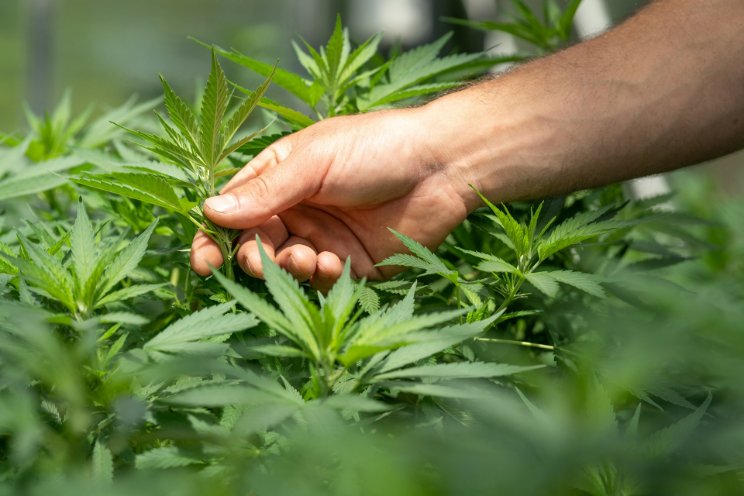Plantlab and Saudi Greenhouses open indoor farms in MENA
Added on 30 March 2023
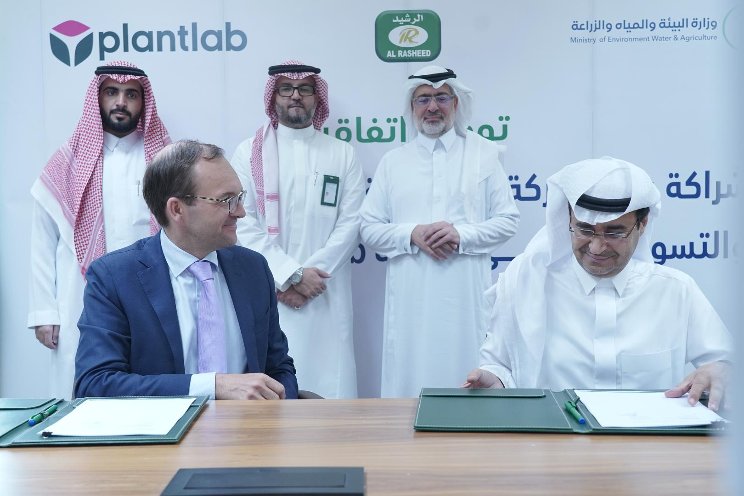
|
The cooperation agreement was signed on March 29 at the Ministry of Energy, Water, and Agriculture, in the presence of Ahmed Saleh Al-Khamshi, the Deputy Minister for Agricultural Affairs, and Mohammed Alohaly, the Managing Director of Food & Agriculture from the Ministry of Investment. The first location in Riyadh will provide many jobs for people within the region and fits Saudi Vision 2030, the strategic framework to reduce oil dependence and broaden the economy. The planned locations opening after this will provide hundreds more additional jobs. Investment of 250 to 300 million euros Plantlab aims to build a minimum of ten indoor farms within three to five years, an investment in the region of approximately 250 to 300 million euros. The first location is just outside Riyadh and will produce various leafy greens. These products will be sold locally via the existing network of Saudi Greenhouses, ensuring minimal environmental impact. Plantlab's production sites can be located anywhere in the world, even on barren soil or in the middle of urban areas. With Plantlab’s farming method, no fungicides or pesticides are ever used. The crops grow to their full potential by controlling temperature, moisture, and light, while 95 percent less water is needed. Light comes from specially developed LEDs, which give the specific color of light that the plant needs for photosynthesis. Food security in the region Mohammed Al Rasheed, CEO of Saudi Greenhouses: “Saudi Greenhouses has the ambition to produce more locally grown food. Sustainably grown products, good quality, 365 days a year. This collaboration will greatly increase food security in the region.” Eelco Ockers, CEO of Plantlab, added: “Through this collaboration, the food and agricultural sector in the region will grow significantly. With our technology and knowledge of indoor farming, we will assist Saudi Arabia in achieving its goals in this area.” Jawid Bunyadi, BD director of Plantlab Middle East: “This collaboration aims to grow fresh food locally. We will contribute to improving the environment, the trade balance, the creation of new jobs, and the diversification of the Saudi economy.” About Saudi Greenhouses About Plantlab |
More news
